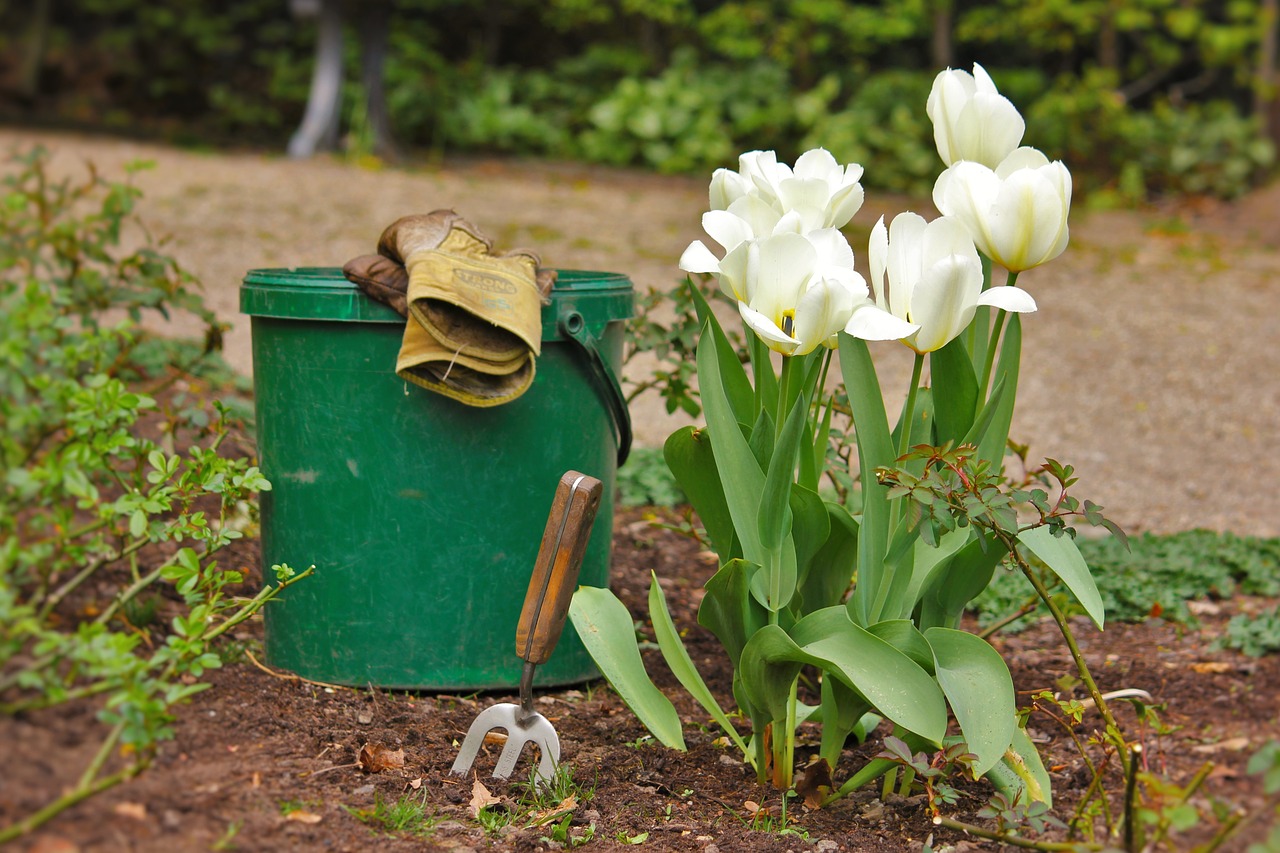8 Useful Tips For The Garden For Beginners

1. Get to know environment
Not every plant grows in every area, so the plants you grow depends on where you live. “See the specificities of the area you live in – the climate, exposure to the sun… This is the most important task which will help you understanding the limits and the possibilities that you have. Talk to the employee of a local gardening center as to which plants can work best for you. That way, you will gain the best results with minimum effort.
2. Test your soil
To find out the acidity and nutrients of your soil you will need to send a sample to a laboratory. The results will tell you how acidic or alkaline your soil, and that is something that affects how well the plants will absorb nutrients from it. Different plants absorb different values to certain pH and this will help in the selection of plants and how to further treat the soil.
Check the soil with your fingers. It should be soft and loose. If it is too hard or clay, plants will not take root. In such case you need to add soil and compost.
3. Start with “simple” plants
Growing vegetables is good for the initial work in the garden. The vegetables do not take long to grow, and even if you make a mistake, you won’t lose months. Sunflowers are also a good choice because they are growing very high and very fast. The rapid success inspires and prompts you to switch to the “complicated” plants.
4. Make a plan
To avoid overcrowding, check how your plants grow and how much space you occupy. Usually, the plants that grow more than 2 years should be a half meters distance. This allows the plants to grow freely and the garden looks beautiful.
You also need to be careful that the lower plants at the edges or in front of the garden, and the higher ones in the rear. This prevents larger plants to block the sun for the smaller ones.
5. Take note and make a calendar
It is good to record activities in the garden, and examples of interesting plants you encountered which can be transplanted after a year. Or you can have a master plan for each season. In the spring begin the fertilization of plants and do it every 6-8 weeks during the growing season, which lasts until the autumn. In the summer it is very hot for planting, so when the great heat is over, you can plant trees or large shrubs. In the winter, prune the bushes and roses before the first frost.
6. Careful with the watering
You should “continuously” add a “large” amount of water. “Continuously” refers to certain intervals, and “large”, meaning sufficient quantities that vary from one plant to another. Water should be well penetrated in the soil, not just a little on the surface. The new plants need more water because their roots are not developed enough. Watering is best done in the morning before it gets too hot, so your plant can really absorb the water. Watering at night can cause fungal or other diseases.
7. Keep up the good work
You do not have to work every day, but prompt maintenance is best for your garden and gives the best results. It needs weeding, pruning, trimming, mowing, things that will allow better growth and appearance of your plants. If you notice limited growth of plants, check what happens to their roots by carefully digging the surrounding soil. Sometimes you have to carefully open them so they can spread across the ground.
8. Be patient
Maintaining the garden is a process, it does not happen in just one day – it takes time. Sometimes, impatience will make you put too much water in the hope that the plants will grow faster. Observe them constantly, but unless you notice a problem, leave them free to grow.


